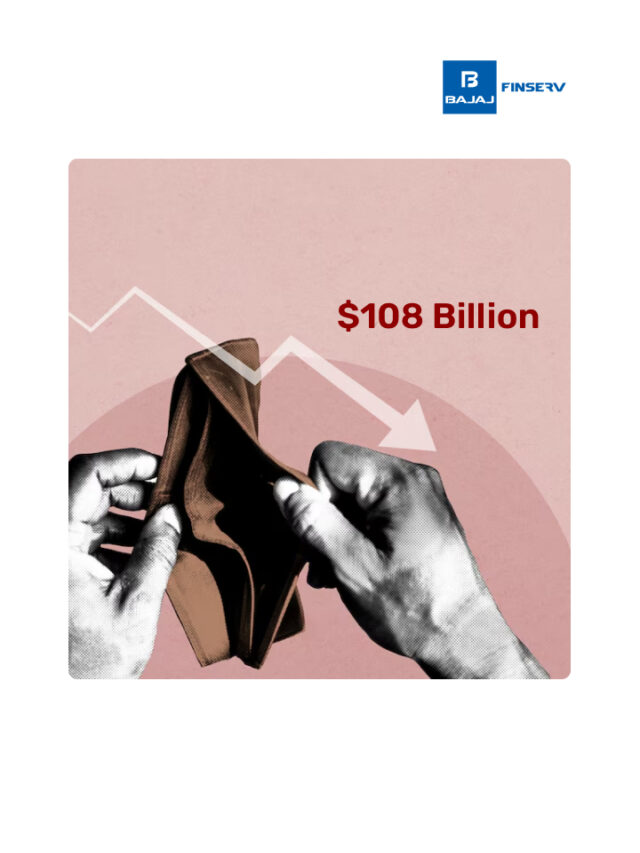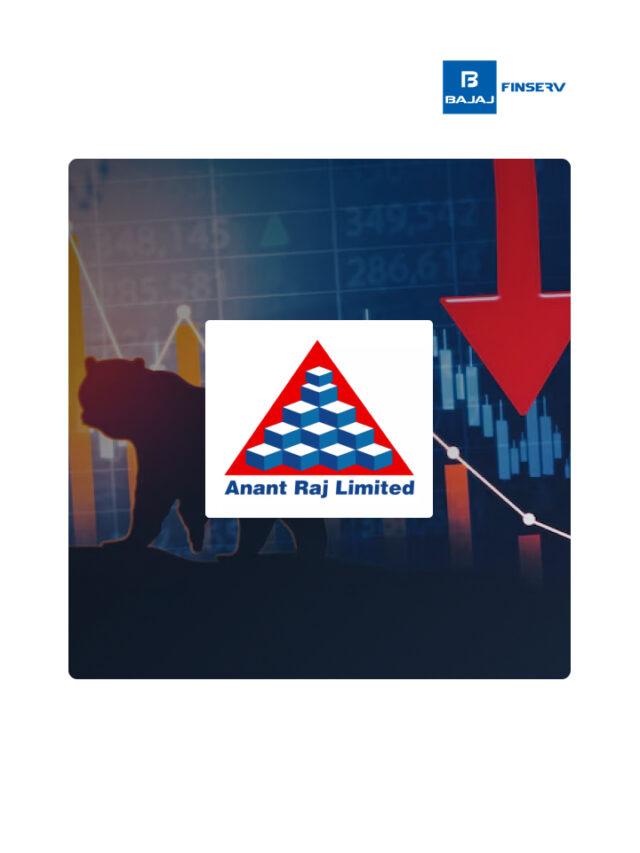Nifty- A Comprehensive Guide
Last Updated on October 3, 2023 by BFSLTeam BFSLTeam

Table of Content [hide]
An Overview
If you’re interested in investing or keeping tabs on the Indian stock market, chances are you’ve heard of the Nifty. It’s a term that frequently pops up in financial discussions, but what exactly is Nifty, and why should you care about it? In this comprehensive guide, we’ll delve into the history, performance, and future outlook of Nifty, along with the advantages of investing in it. We’ll also address some frequently asked questions to help you better understand this crucial facet of the Indian financial landscape.
History
The National Stock Exchange of India (NSE) launched the Nifty 50 in April 1996, marking a significant milestone in the country’s financial history. The Nifty 50, often simply referred to as Nifty, is India’s premier stock market index. It was introduced to provide investors with a benchmark that represents the performance of the Indian equity market.
Nifty started with a base value of 1,000 points in November 1995. The index is composed of 50 actively traded stocks, selected from various sectors of the Indian economy, ensuring it accurately reflects market performance.
Unlike individual stocks, Nifty is not a company you can invest in directly. Instead, it’s an index that tracks the collective performance of the 50 selected stocks. However, you can track Nifty’s value, which is commonly expressed in terms of index points.
The share price of Nifty as of September 27, 2023 was Rs 19,716.45, which was up by 0.26% from the previous closing price of Rs 19,664.70. The share price fluctuated between Rs 19,554.00 and Rs 19,699.35 during the day. The index had a market capitalization of Rs 1.48 trillion and a price-to-earnings ratio of 29.32.
The share price of Nifty has increased by 14.62% in the last year, but has decreased by 2.44% in the last week. The share price reached its 52-week high of Rs 20,222.45 on August 16, 2023 and its 52-week low of Rs 16,747.70 on October 1, 2022.
Current Performance
The Nifty 50 index is composed of stocks from various sectors such as financial services, IT, energy, consumer goods, pharma, auto, metals, telecom, media, cement, and construction. Some of the top performers in the index as of September 27, 2023 were ITC Ltd., Hindustan Unilever Ltd., HDFC Bank Ltd., Reliance Industries Ltd., and Infosys Ltd.
The Nifty 50 index is influenced by various factors such as the demand and supply of the stocks, the earnings and growth prospects of the companies, the macroeconomic and geopolitical conditions, and the overall sentiment of the investors.
The Nifty 50 index has increased by 14.62% in the last year, but has decreased by 2.44% in the last week. The index reached its 52-week high of Rs 20,222.45 on August 16, 2023 and its 52-week low of Rs 16,747.70 on October 1, 2022.
Future Outlook
The future outlook of Nifty is a topic that many investors and analysts are interested in, as the Nifty 50 index is the main index for the National Stock Exchange of India (NSE), which reflects the value and performance of the top 50 stocks by market capitalization from 13 sectors of the Indian economy. The future outlook of Nifty depends on various factors such as the demand and supply of the stocks, the earnings and growth prospects of the companies, the macroeconomic and geopolitical conditions, and the overall sentiment of the investors.
The market is expected to remain volatile amid global cues and domestic factors such as F&O expiry, GST Council meeting, and RBI policy review. The global factors include the US Federal Reserve’s tapering plans, China’s Evergrande crisis, and the Russia-Ukraine situation. The domestic factors include the corporate earnings season, the inflation and growth data, and the political developments. These factors may create uncertainty and risk for the investors and affect their sentiment and behaviour.
Advantages of Investing in Nifty
- Diversification: Nifty comprises 50 leading companies from various sectors. Investing in Nifty allows you to diversify your portfolio, reducing the risk associated with individual stock investments.
- Liquidity: Nifty is highly liquid, which means you can easily buy or sell Nifty index-based products, such as exchange-traded funds (ETFs) and index futures.
- Low Cost: Investing in Nifty is cost-effective, as it eliminates the need for managing a large portfolio of individual stocks. ETFs tracking Nifty are often available with low expense ratios.
- Long-Term Growth: Historically, Nifty has shown consistent long-term growth, making it an attractive option for investors looking to build wealth over time.
- Transparency: Nifty’s composition is transparent and is periodically reviewed. Investors can easily access information about the stocks included in the index.
Wrapping Up
In conclusion, Nifty plays a pivotal role in the Indian stock market, offering investors a valuable benchmark and investment opportunity. Its diversified composition, liquidity, and historical performance make it an attractive option for those looking to participate in the Indian equity market. However, it’s crucial to approach Nifty investments with a long-term perspective and seek professional guidance to navigate the complexities of the financial market. Keep an eye on the latest developments and trends in the Indian economy to make informed investment decisions.
Frequently Asked Questions (FAQs)
You can invest in Nifty through various financial products such as Nifty ETFs, Nifty index funds, and Nifty futures and options contracts. These products are available through brokerage accounts.
Nifty’s performance is influenced by factors like corporate earnings, economic policies, interest rates, global market trends, and geopolitical events.
While Nifty offers diversification and long-term growth potential, it’s important to remember that all investments carry some level of risk. It’s advisable to consult with a financial advisor and conduct thorough research before investing.
Yes, like any investment, there is a risk of losing money when investing in Nifty. Market fluctuations can lead to temporary losses, but historically, Nifty has shown resilience and recovered from downturns over the long term.
Sensex and Nifty are both prominent stock market indices in India. The key difference lies in their composition. Nifty comprises 50 stocks, while Sensex consists of 30 stocks. Additionally, Nifty is managed by the NSE, while Sensex is managed by the BSE (Bombay Stock Exchange).










